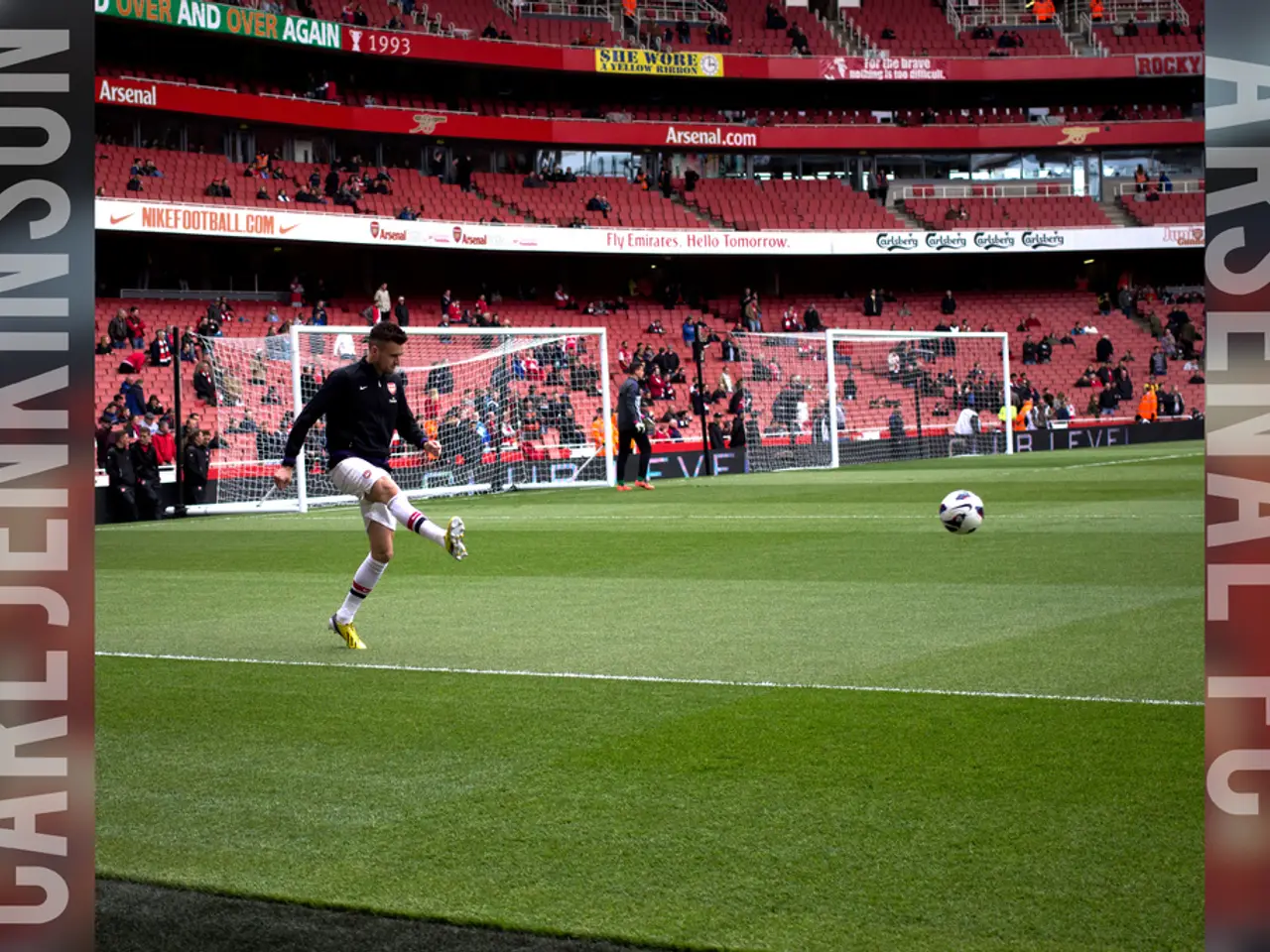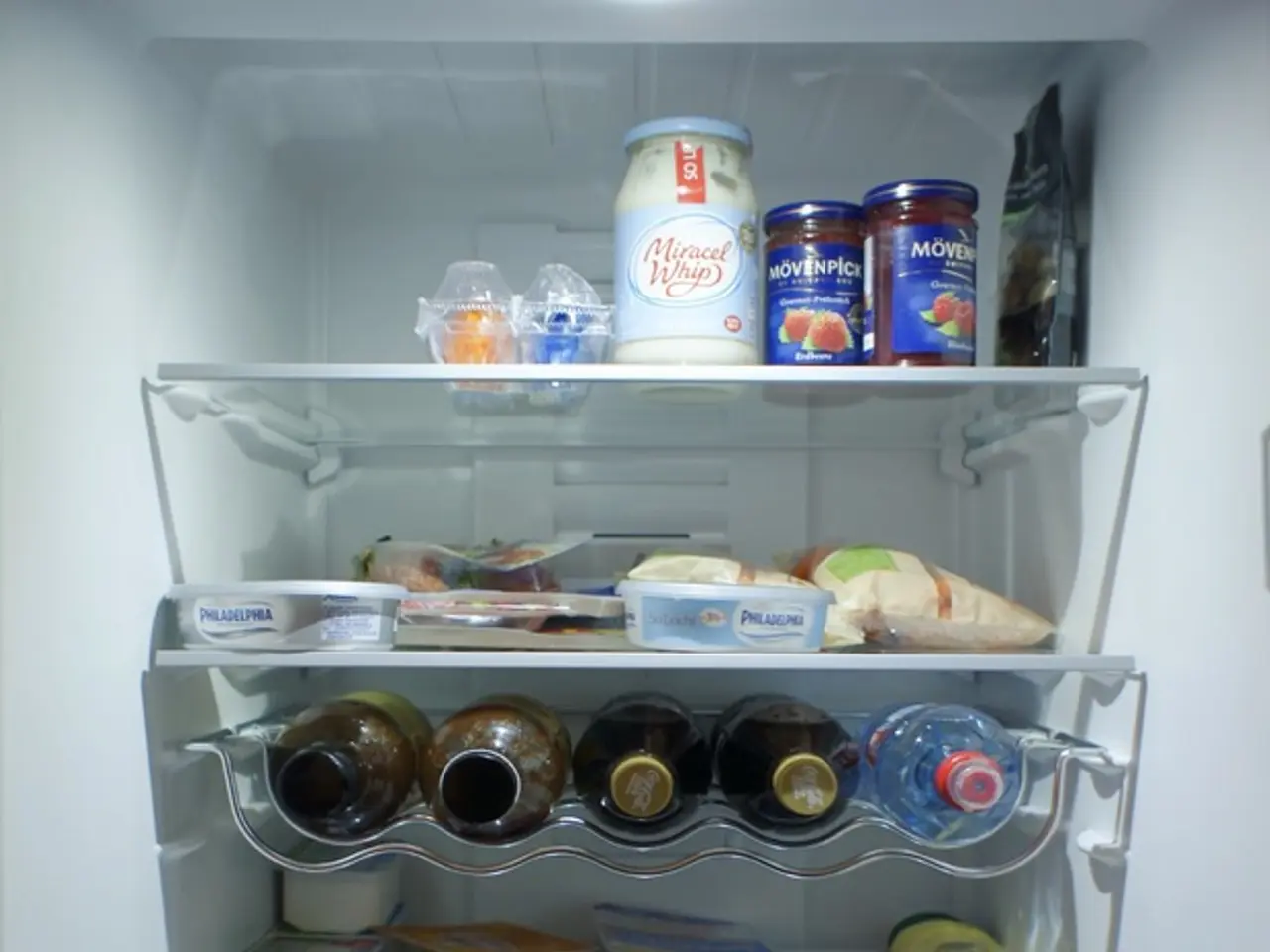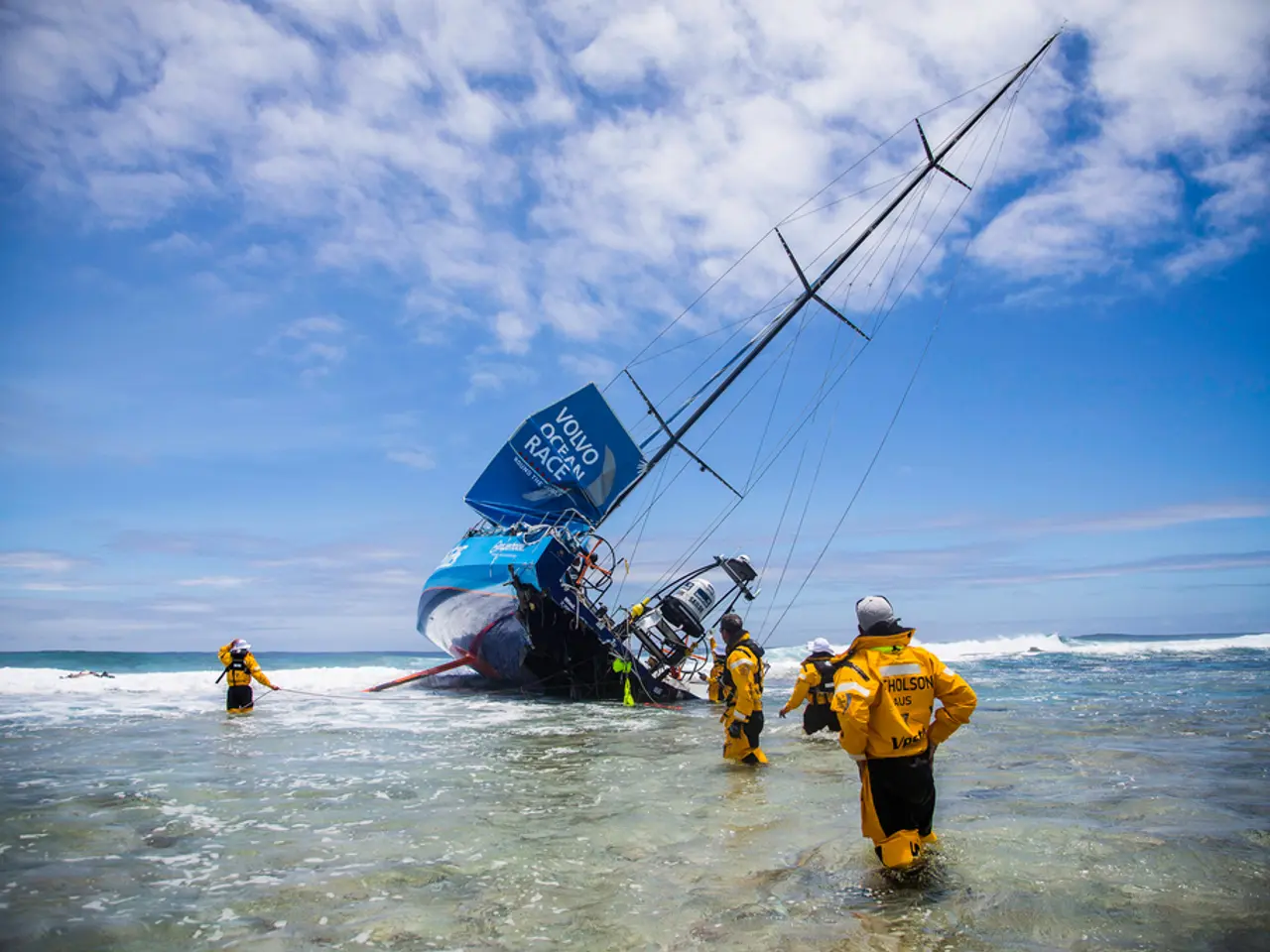Maine's Online Casino Legalization Praying for Governor's Decision After Final Test
Casino Gambling in Maine: A Waiting Game for Governor Mills
Maine's future in online casino gaming hangs in the balance, as the eagerly awaited decision from Governor Janet Mills will decide the fate of the industry. The progressive legislation, LD 1164, has made significant strides, but the silence from the governor leaves room for uncertainty.
Legislators have overwhelmingly supported LD 1164, a bill that would grant Maine's Wabanaki tribes exclusive rights to operate online casinos in partnership with major gaming operators like Caesars and DraftKings. The bill currently resides on the "special appropriations table," alongside nearly 100 other bills, awaiting the governor's endorsement.
Governor Mills has a reputation for caution when it comes to gambling expansions. Her past moves, such as vetoing two sports betting initiatives before finally allowing a tribal-partnered compromise in 2022, hint that LD 1164 may face a similar fate. If she vetoes the bill, the Legislature can't override it this year since they've already adjourned.
Financial Prospects and Partnerships
If enacted, LD 1164 would grant one license to each of the following Wabanaki tribes: Passamaquoddy Tribe, Penobscot Nation, Mi'kmaq Nation, and the Houlton Band of Maliseet Indians. These tribes would then partner with iGaming operators, opening the door for lucrative partnerships in the untapped Maine market.
Gambling revenues could generate substantial profits for both the state and operators, as taxes on adjusted gaming revenue stand at a competitive 18%. A fiscal analysis tied to the bill estimates $1.8 million in state revenue in the first year, with that figure projected to rise to $3.6 million by the 2026-2027 fiscal year.
A Long Road to Legalization
LD 1164 narrowly avoided expiring on multiple occasions. In April, a House committee initially voted it down, but lawmakers resurrected it during a special June session. To make it more appealing, they raised the proposed tax rate from 16% to 18%.
The House endorsed the amended bill, while the Senate took a more convoluted path. A motion to eliminate the bill was narrowly thwarted, paving the way for budget discussions and a final vote.
As of now, nothing is set in stone, and the path to the first legal online casinos in Maine remains uncertain. So, keep your fingers crossed, casino enthusiasts, and let's hope legislators and Governor Mills are calculations aligned!
The passage suggests that if Governor Mills endorses LD 1164, the Wabanaki tribes could partner with iGaming operators, opening up opportunities for sports-related ventures in the Maine market. With a competitive 18% tax rate, lucrative partnerships could generate substantial profits for both the state and operators. However, the current wait for Governor Mills' decision leaves the path to legal online casinos in Maine unclear, as the bill is still pending on the "special appropriations table."








